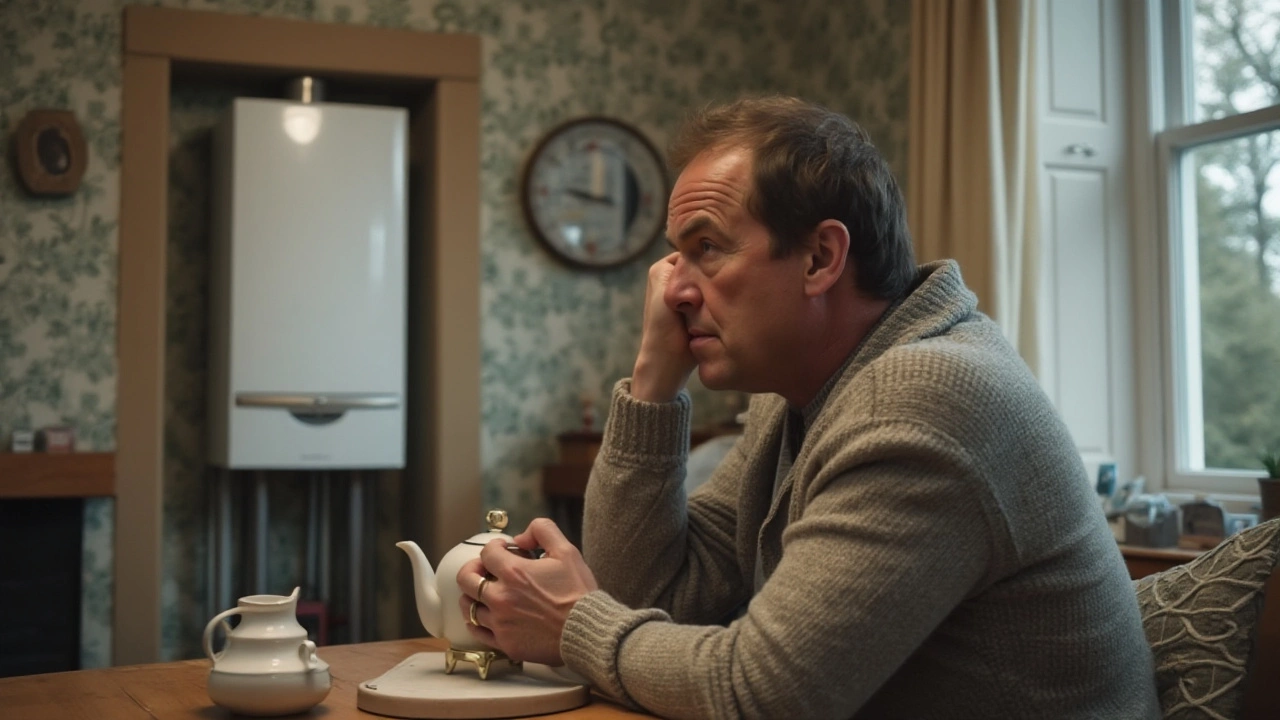Posted by
Orin Trask
0 Comments

Boilers, though reliable, can face various problems that disrupt home heating, especially during colder months. Common issues include lack of hot water, strange noises, and pressure loss, each requiring specific troubleshooting methods. Knowing the signs to look for and understanding basic maintenance can prevent major breakdowns. This guide offers practical advice and explores preventive measures to keep boilers running efficiently all year.
read more